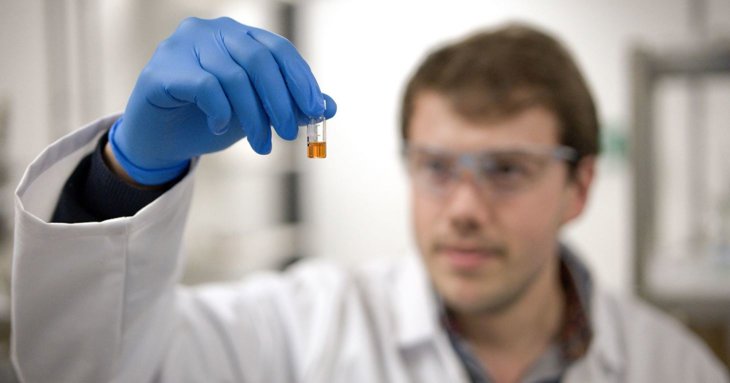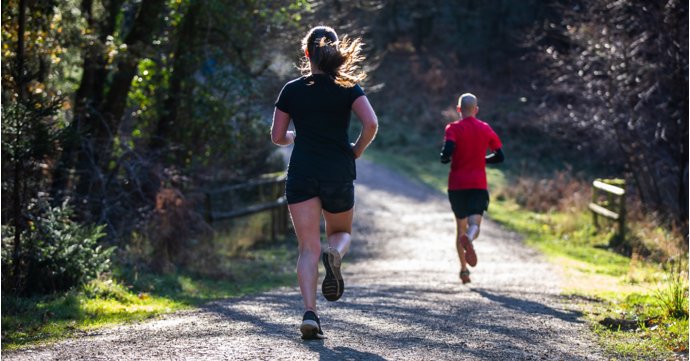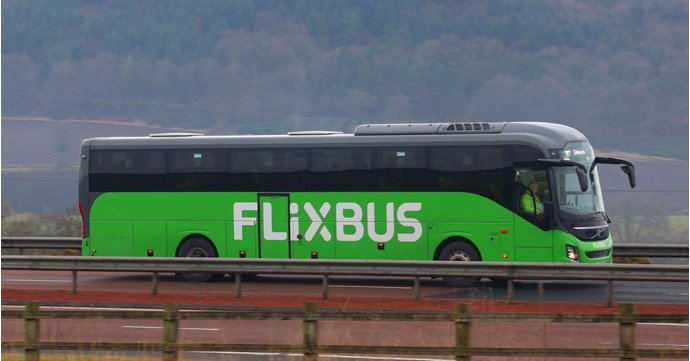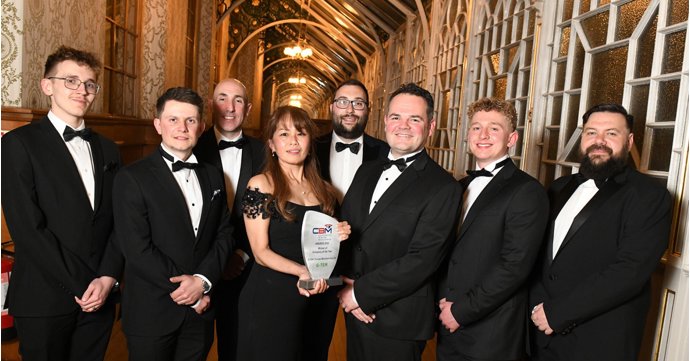An idea that started with two friends chatting in a Gloucestershire coffee shop just two years ago could be about to play a significant role in the UK’s sustainability drive.
Wild Hydrogen, headquartered in Hardwicke, Gloucester, produces carbon-negative hydrogen from materials like wood, plants and even plastic waste.
The company has grown from two engineers working at a kitchen table to a team of 14 in just two years. Working with local partners, the team hopes to put Gloucestershire on the map for clean fuel production while supporting its commitment to reach net zero by 2045.
Wild Hydrogen's method of producing affordable, carbon-negative hydrogen could be used to power trucks, ships and even airplanes in the future.
The company, founded in 2022, is the brainchild of James Milner and Mark Wickham. Its first trials were with a machine designed on James’ kitchen table.
The patented technology can convert biogenic material — such as waste wood, plants and compost, as well as potentially even plastic waste and seaweed — into clear hydrogen.
The process can also allow for carbon dioxide to be captured and stored, effectively removing carbon from the atmosphere and helping in the fight against climate change.
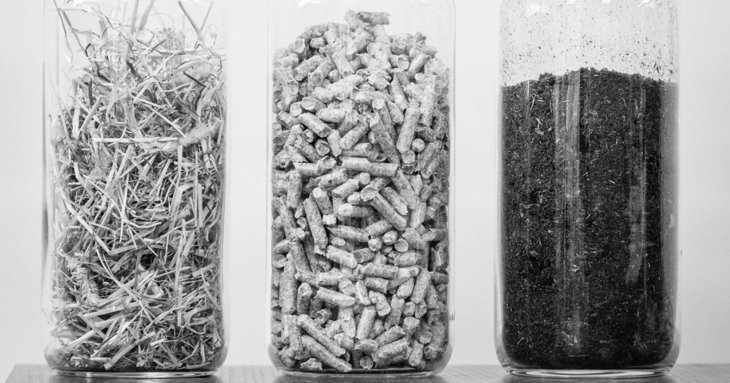
The global hydrogen market, valued at around £100 billion, predominantly relies on grey hydrogen (created from natural gas) to meet its demand.
In contrast, clear hydrogen offers a solution that reduces emissions and costs, setting itself apart from traditional hydrogen production methods.
Unlike grey hydrogen, clear hydrogen doesn’t rely on fossil fuels, whilst its ability to capture carbon dioxide takes it beyond green hydrogen which is created using renewable electricity.
The company now plans to build its first commercial demonstrator to produce hydrogen at scale. The move aims to prove that it is a viable method for producing carbon-negative fuel, and an opportunity to make Gloucestershire and the South West a hub for this kind of technology.
CEO, James Milner said: 'We’ve come a long way in just a couple of years and already expanded our team to 14 people.
'We plan to build our commercial demonstrator in 2026, which will be a major step in the UK’s drive to net zero. More locally, Gloucestershire County Council has set ambitious targets in its Climate Change Strategy – an 80 per cent reduction of emissions by 2030 and net zero by 2045.
'With clear targets and a strategy in place, it is up to innovators like us to create the solutions that will achieve these goals.'
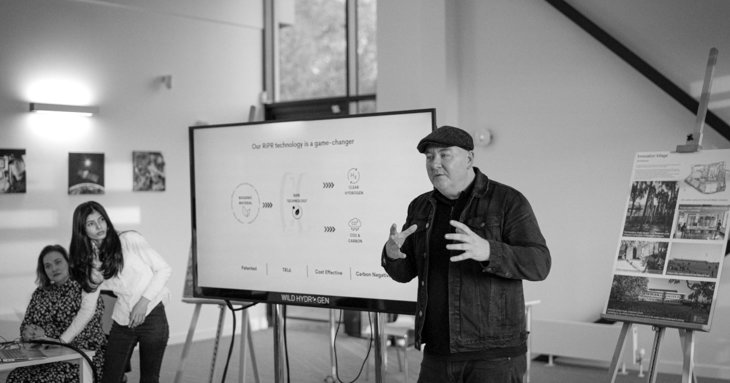
Wild Hydrogen has also partnered with respected local institutions to develop its product, including the National Composites Centre in Bristol and the Royal Agricultural University in Cirencester, which is helping the company to understand how best to work with farmers to grow fuel crops like herbal leys.
These not only thrive in rotation with arable crops but also support greater biodiversity, regenerate depleted soils impacted by prolonged monocropping and generate supplementary income for farmers through Wild Hydrogen’s compensation of the crop and the GS4 stewardship.
Wild Hydrogen has also partnered with the University of Bath to offer opportunities for its brightest students to build skills in this growing industry. It also has partnerships with technology incubator and innovation space Farm491, Cranfield University and the Manufacturing Technology Centre.
Co-inventor of the technology, Mark Wickham, said: 'We have developed this new technology because it is simple, bulletproof and highly cost-effective. It is a game changer in hydrogen production with carbon capture.'
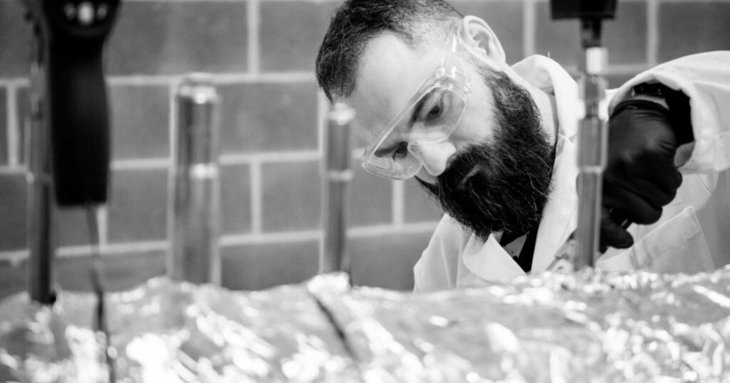
Regional hydrogen cluster Hydrogen South West, which promotes the development of hydrogen technology across the region, is impressed.
Director, David Eccles, said: 'Wild Hydrogen is a prime example of what innovation in hydrogen looks like. Its approach highlights the unique expertise in the South West region.
'The barriers that have been overcome through its unique method and creation of carbon-negative clear hydrogen highlights its sustainability efforts towards reaching net zero by 2050.
'Wild Hydrogen’s partnerships with universities and the energy innovation sector, promotes them as an exporter of hydrogen technology and a future catalyst for decarbonising and upskilling the region.'


